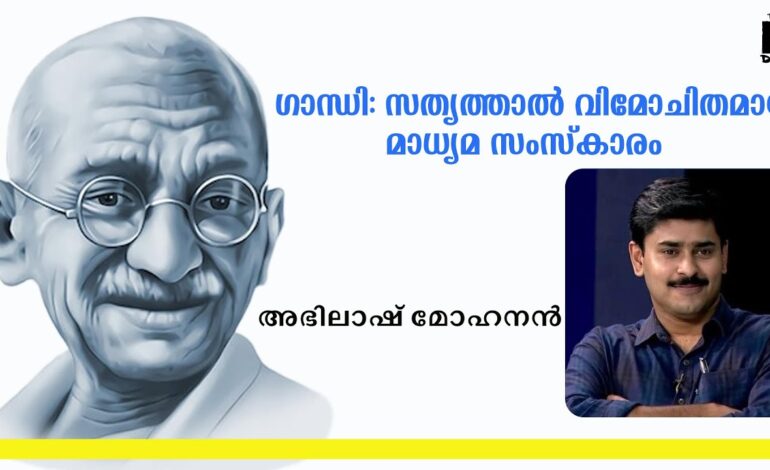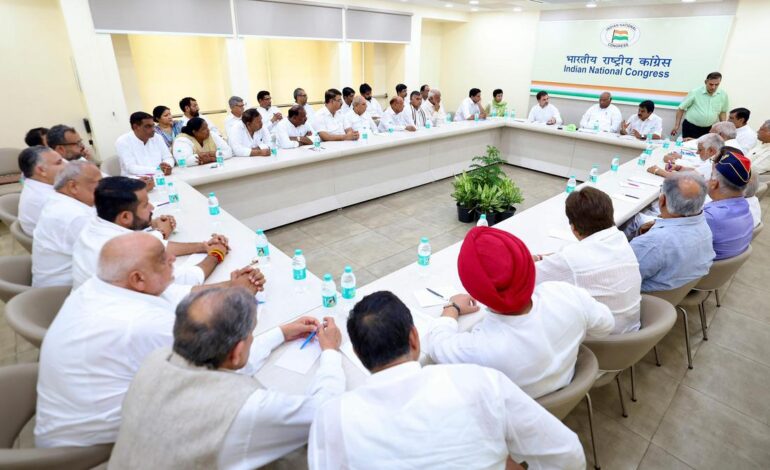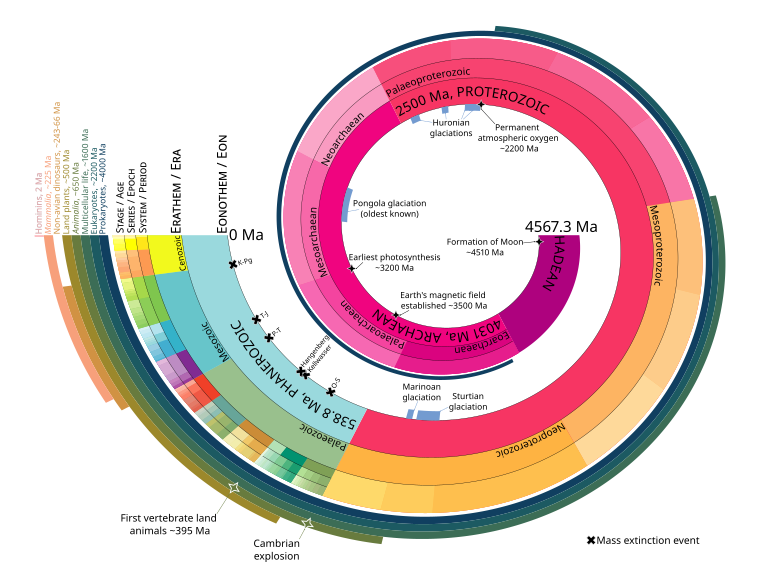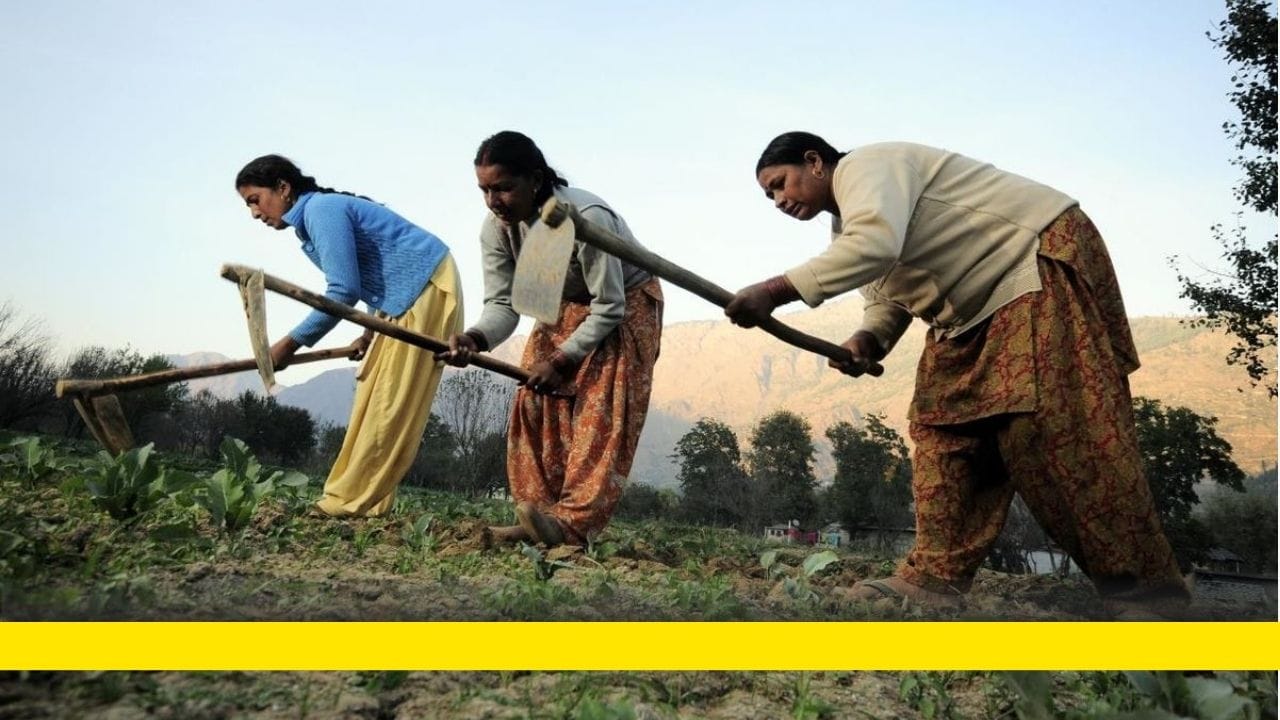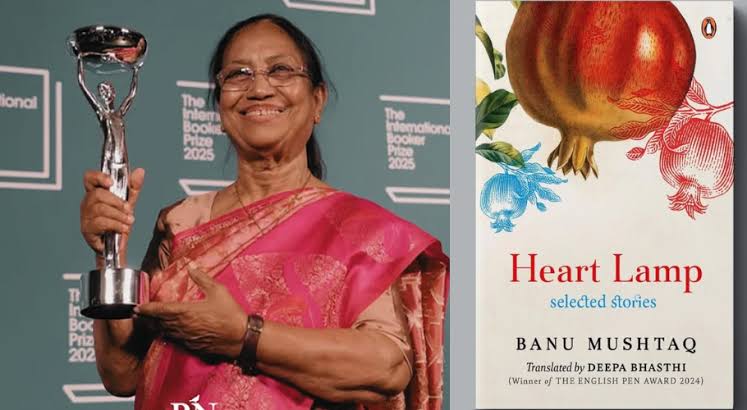A Celebration of Contradictions
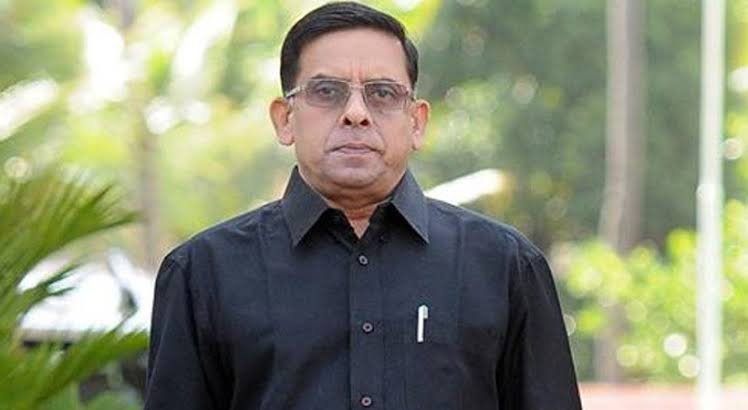
An overview of poet Prabha Varma’s creative life with a special focus on his poetry, which addresses myriad concerns of life, society and language.
Thiruvananthapuram, the capital of Kerala witnessed the presentation ceremony of Saraswati Samman, one of the prestigious literary awards of India, to renowned poet and lyricist Prabha Varma. A number of events were conducted as part of the award presentation, including literary discussions, artistic performances and Photo Exhibition.
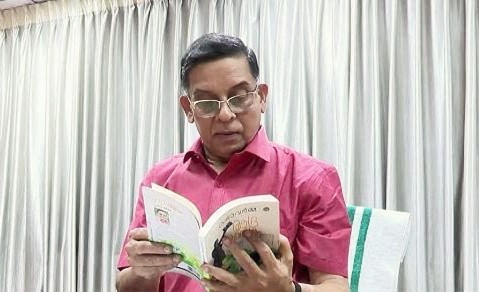
This article is an attempt to present an overview of the creative life of Prabha Varma, with a special emphasis on his poetry. Varma’s poetry has addressed myriad manifestations of life, society and language and he has been rated as a writer par excellence by many literary critics and avid readers. In my view, his most famous work is “Shyama Madhavam“, a novel in verse, which has been translated into several languages. The poetic novel has been conferred with numerous awards including Kendra Sahitya Akademi award. At its core,“Shyama Madhavam“ is a reinterpretation of the Hindu God Krishna as a man full of melancholy. Popular narratives portray Krishna as a man of mirth and love coupled with an acumen for handling difficult life situations. All these attributes also give way to the picturisation of the Lord as an embodiment of both ecstasy and invincibility. But in “Shyama Madhavam” Varma switches the backdrop to another shore of Krishna’s life which is full of grief.
“The world praises you
as the epitome of bliss
and worships you
to rid their sorrows
But who knows the gravity
of the deep grief you carry within.”
(Says a quintet from Shyama Madhavam translated by Anita Madhvan)
It is indeed a unique poetic twist, which moulds Lord Krishna as an epitome of deep Grief. In his poems, Varma highlights contradictions, not just of life but also of historical and epic characters. When we move to the core of the “Saraswati Samman“ winning “Roudra Satvikam” which can be rated as a sort of successor of ‘After the aftermath’, a poem penned by Varma earlier. The name “Roudra Satvikamn” itself echoes a striking contradiction. The term Roudram means fury, the term Satvikam means piety. The oxymoronic neologism of the title provides for very powerful poetic imagery.
The book starts with a stanza of celebrated Malayalam poet Vyloppilli. The narrative revolves around the life and thoughts of Ivan Kalyayev, a Russian poet, a renowned revolutionary, who was also infamous for the assassination of Grand Duke Sergei Alexandrovich. Two days prior to the actual assassination Kalyayev had planned an ambush to kill the Grand Duke. But he stepped back after spotting Children with his target. Following the assassination Kalyayev was incarcerated and was hanged to death. This historical event had also strewn the creative seeds for Albert Camus’ play Le justus. Hewing out the protagonist Kalyayev from this historical, political and theatrical discourse Varma places Kalyayev on the rostrum of humanity.
The smile of a child had dissuaded him from bombing and had indeed baptised him to embrace humanity. At one point Kalyayev remembers the Biblical Abraham and asks the question as to who he is before that great human being who was ready to sacrifice his own son for the goodness of the whole mankind. Here, we see Kalyayev realising that a revolutionary’s predominant obligation is towards kindness, and to stand for the upliftment of the downtrodden.
The term revolution normally evokes a sense about insurgency in people. But when we scratch below the surface it becomes unequivocally clear that it is essentially a commitment to humanity. In Roudrasthwikam Varma underscores this point. Kalyayev himself repents for the malevolent acts perpetrated by him. As readers go through Roudrasthwikam, they would find themselves asking to themselves, “Is this the valorous revolutionary Kalyayev?” But, as we wrap up the book we will realise that the term revolution echoes humanity and not insurgency.
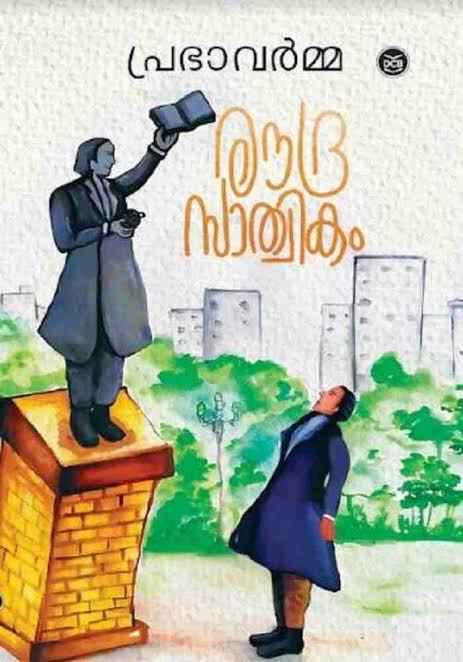
Riddles or word puzzles have a significant space in Indian literary culture and practice. Such a riddle referred to from the era of Kalidasa inspired Prabha Varma to write the verse “Anklet of Fire“. The riddle is “Why did the milkmaid laugh when the pot of milk she was carrying on her head fell and broke into pieces?” Over the centuries numerous poets have tried to unlock this riddle through various interpretations, Most of them wrote about Kalidasa and not the milkmaid.
But in “Anklet of Fire” Prabha Varma cracks this riddle through a diverted path by turning the tide, i.e. narrating the story from the angle of the milkmaid. This too is a masterly reinterpretation highlighting a woman of true grit, who had endured an unimaginable history of hardships.
A soothsayer, her parrot, an oracle, and the poet himself come together to tell the tale of the milkmaid. The story revolves around the miseries she faced like the banishment of her husband, a gang rape and forced abandonment of her child. When we conclude the book, the image of a broken milk pot will become small before the onerous ordeals faced by the Milkmaid. Despite being a descendant and worshipper of Kalidasa’s Literature, Varma recuses himself from the popular narratives and interpretations around the riddle, which only highlight Kalidasa’s wit and poetry.
Numerous other poems of Varma follow this streak of moving away from the beaten track. His poem ‘NaraJanthu’ which can roughly be translated as beast in human wrap is a debate between humanity and animality. He etches very many episodes from history, such as the assassination of Mahatma Gandhi, the concept of Casus Belli and the diverse forms discrimination faced by people from different races to establish this debate. The poet alerts readers about the long haul and the extent we need to travel to reach humanity’s Promised Land.
The profession of journalism and poetry are often counted as two extremes, hostile to each other right from the styles of language. But Prabha Varma has excelled in both arenas, Journalism as profession and writing as passion, signifying yet another celebration of contradictions. In his book “Dil se Dilli se” he mentions a gripping occasion. Viswanath Pratap Singh the former Prime Minister of India, a visionary politician blended with an excellent skill of writing, invited Varma for a meeting. As a reporter he was ready to encounter V.P Singh on political topics. But Singh talked more about poems and poets than about politics. In many ways, this interaction underscores the recognition Varma has in both fields.
Varma’s affinity to progressive politics is an overt one. He has served as the press secretary to E.K Nayanar, former Kerala Chief Minister and currently serving as the media secretary to current chief minister, Pinarayi Vijayan. Indeed, he is not alone in the Kerala milieu in terms of fastening politics and poetry as there are umpteen poets and artists in the past and present who wear their affiliation with progressive political parties on their sleeves.
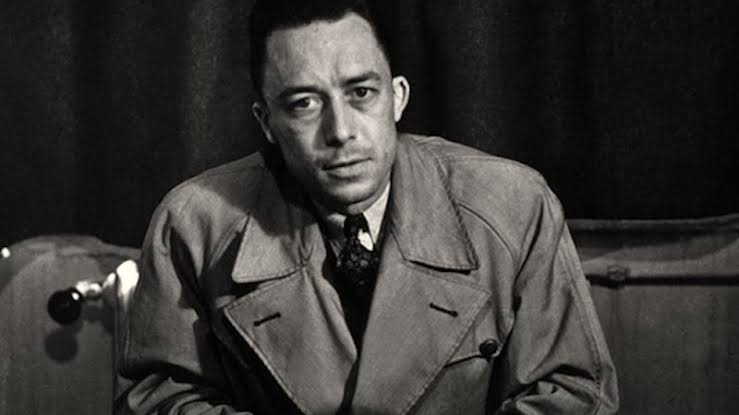
Coming back to Shyama Madhavam, the chapter named Gita A Postscript, is unique. When we read the Bhagavad Gita through the eyes of Krishna It implies a sense of annihilation. But when we switch to the other side, that of Arjuna It gives a horse sense of humanity. In many ways, this chapter of Shyama Madhavam works as a prequel to the Saraswati Samman winning Roudra Satwikam.
As Albert Camus once said, a work of art is a confession. Prabha Varma’s literary practice too is a confession from his inner conscience, which culls out epic characters from their conventional dimensions and narratives, placing them firmly on contradictory terrain of humanity and humaneness.


